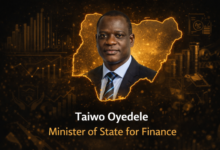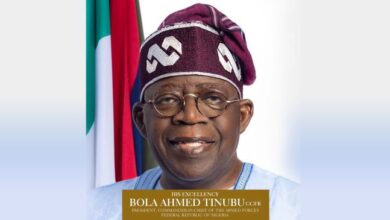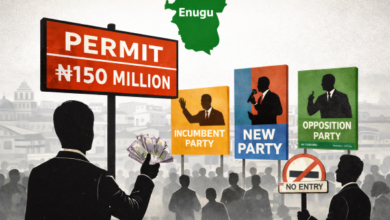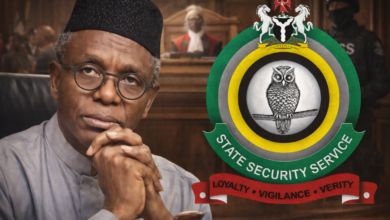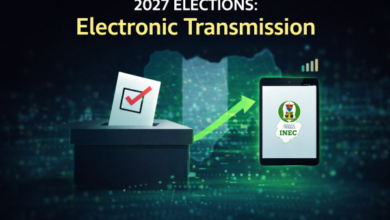Groups urges NASS to support revised Digital Rights, Freedoms Bill
 Some groups, Paradigm Initiative, Gatefield, and over 200 activists have called on the National Assembly to hasten the passage of the revised Digital Rights and Freedoms Bill of 2019.
Some groups, Paradigm Initiative, Gatefield, and over 200 activists have called on the National Assembly to hasten the passage of the revised Digital Rights and Freedoms Bill of 2019.
The groups that are signatories to the digital rights petition, made the appeal at a news briefing on Thursday in Abuja.
The News Agency of Nigeria (NAN) reports that the bill seeks to protect internet users in Nigeria from infringement on their fundamental freedoms.
It also guarantees the application of human rights for users of digital platforms and/or Digital Media.
The consortium of like-minded CSOs appealed to policymakers and other critical stakeholders to support the representation and the eventual passage of the revised DRFB, before the National Assembly.
Mr Edozie Chukwuma, Senior Associate Advocacy and Engagement, Gatefield, said that the online civic space serves as a refuge for citizens, including marginalised groups, to raise their voices and influence change.
He said in contrast, digital media serve as effective tools to raise awareness on critical socio-political issues.
”The rise of internet usage in Nigeria had increased online civic space engagement, advocacy and mobilisation.
“It has also increased reliance on digital journalism, democratising the flow of information traditionally controlled by newspapers, magazines, radio, and television companies,” he said
Chukwuma, however, said that using the internet had unique challenges and emerging issues.
He added that the use, access and understanding of technology was constantly evolving in the process creating a gap which the digital rights and freedoms bill of 2019 attempts to fill.
“Some of these include citizens’ data protection, freedom of expression online, internet governance, regulation, shutdowns, online privacy, and surveillance.
“Right to peaceful assembly and association online, freedom to learn, protection of privacy of students online, right to create public knowledge, e-governance and financial transparency,” he said.
Also speaking, Miss Khadijah El-Usman, Paradigm Initiative, Programme Officer (Anglophone West Africa) said the bill also covers unique concepts like recognition of digital assets and its inheritability.
“Internet censorship; prohibition of hate speech; content blocking, filtering and moderation; broadband and internet access; intellectual property in public work and protection of people with disabilities.
“Some of these provisions are novel, some are already contained in existing legislative instruments that govern specific issues such as communications and fundamental rights.
“Financial institutions, data protection, privacy, consumer protection and other sectors. However, most of those legislative instruments are not all encompassing to specifically address the uniqueness of the digital space,” El-Usman said.
She said Nigeria was currently a signatory to the United Nations (UN) resolution, instituted in 2016 which affirms that offline civil, political, economic, and social rights must also be protected online.
She said with Nigeria’s 2023 elections in view, upholding digital rights by safeguarding the rights to freedom of expression, association online and sharing information online and privacy had become an issue of political and electoral interest.


